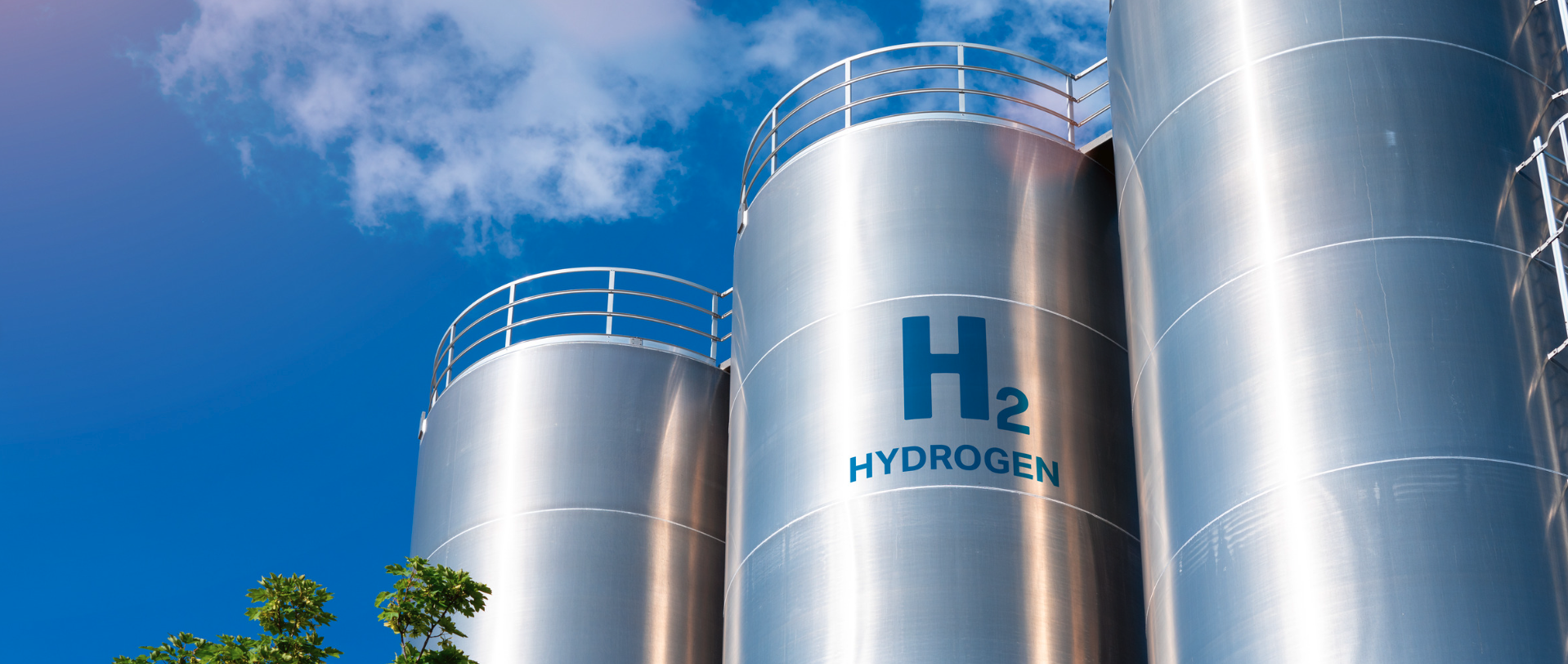
Empowering Green Hydrogen: Driving Inclusive Growth, Quality Jobs, and Emission Reductions
Introduction
Clean hydrogen, particularly green hydrogen, is a cornerstone of the energy transition. It has the potential to eliminate reliance on fossil fuels, especially in hard-to-abate sectors, and contribute to net-zero emissions. Green hydrogen is produced using renewable energy sources such as wind and solar power.
Addressing Climate Change and Poverty
Investing in green hydrogen is crucial for creating skilled jobs, reducing poverty, and mitigating the worst effects of climate change, especially in low-income countries. Public and private investments in green hydrogen can spur economic growth and environmental benefits.
Industrializing Green Hydrogen Production
Countries must scale up their green hydrogen production to meet growing demand and reduce costs, making it competitive with fossil fuel-based hydrogen. Technological advancements and falling renewable energy prices present an opportune moment for this transition. Infrastructure investments and supportive policies are essential for encouraging private sector engagement, particularly in developing countries.
Regional Potential for Green Hydrogen
Regions with abundant renewable energy resources, such as Latin America and the Caribbean, can produce green hydrogen locally, reducing dependency on volatile oil prices and supply disruptions. Countries like Brazil, Uruguay, and Paraguay, with high renewable energy matrices, are well-positioned to lead in green hydrogen production.
Case Study: Chile’s Green Hydrogen Project
The World Bank approved a $150 million project to promote clean hydrogen development in Chile, supporting the country’s goal of carbon neutrality by 2050. This project includes innovative financing mechanisms, blended finance, and risk mitigation instruments to fund green hydrogen production. The initiative aims to create jobs, stimulate economic activities, and enhance local capacity building.
Impact on Local Industries
Chile’s project will help decarbonize hard-to-abate sectors, increase industrial competitiveness, and create export opportunities for green hydrogen derivatives. It leverages $1 billion in concessional financing from climate finance institutions, mobilizing private capital and benefiting local communities.
Promoting Green Industries in Latin America
Chile’s success opens opportunities for other developing countries to harness their renewable resources for green hydrogen production. Countries in the region are developing strategies to decarbonize sectors like transportation, food production, and fertilizers. The World Bank supports these efforts by identifying investment opportunities and addressing deployment challenges.
Brazil’s Green Hydrogen Hub
Brazil’s federal government approved the first Green Hydrogen Hub shared infrastructure project at the Pecém Industrial and Port Complex. This $135 million project includes pier expansions for ammonia and hydrogen products and utilities corridor preparation, marking the World Bank’s first shared infrastructure project for green hydrogen.
The Importance of Hydrogen and Methane Sensors
Advanced hydrogen and methane sensors play a crucial role in detecting leaks and analyzing gas compositions. Accurate, real-time data from these sensors ensure emissions are controlled, enhancing safety and operational efficiency. Small hydrogen sensors are particularly vital for monitoring dispersed or remote installations, supporting the scalability and economic viability of green hydrogen projects.
Conclusion
Scaling up green hydrogen is crucial for a low-carbon economy. Accelerating investments in infrastructure, technology, and policy support is vital for deploying green hydrogen solutions, creating jobs, and reducing poverty. The discussions at COP28 underscore the need for rapid adaptation and expansion of existing technologies, including advanced sensors for hydrogen and methane leak detection and compound analysis. The time for action is now to achieve a sustainable and just transition to a cleaner future.








